Malaysian ‘prepper’ shares survival tips
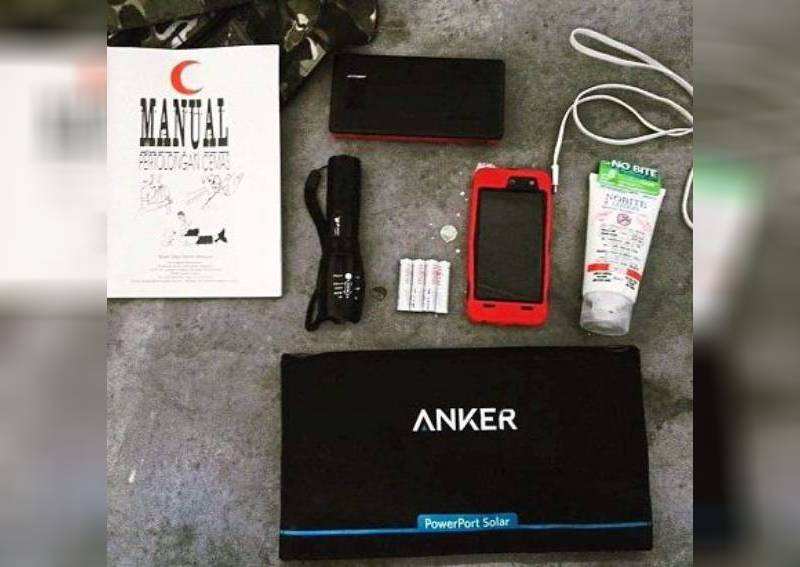
Experience is the best teacher for one man, who is among a small group of Malaysian preppers, or people who actively prepare for emergencies such as natural disasters, pandemics or even recession.
For Fiqri Ahmad, 25, his experience of being stuck for a month in his dorm room while he was a college student during a flood in 2017 was enough to make him realise the importance of being a survivalist.
Now, as the nation undergoes the movement control order, Fiqri is well prepared with an arsenal of survival gadgets, medicine, food and survival know-how.
Fiqri said he had anticipated the Kelantan 2017 floods, following weather reports, and had quietly stocked up his locker and drawers with canned and shelf-stable food – food that can be stored in room temperature in a sealed container – along with medicine, including paracetamol and painkillers.
He also prepared a solar charger and a high-capacity power bank to ensure he could still charge his mobile phone and use the torchlight should power supply be interrupted.
“However, I was grateful that nothing really happened although the floodwater was up to the knee level,” he said, recounting his first experience as a prepper.
Fiqri is a member of the Malaysian Preppers group on Facebook, where people exchange tips on how to survive disasters, pandemics and economic crises. The group has over 21,000 members and some 60 new posts daily.
Besides a list of necessary items, also discussed in the group are tips on self-reliant gardening, self-defence, home security, bugging out (retreating to a safe place) and also new income opportunities.
In the group, people were seen recently posting on how to secure doors and windows from intruders, giving tips on buying maps to plan emergency escape routes out of town and even how to make weapons for self-defence.
There are also reports that sales of survival gear such as high beam torchlights have increased over the past weeks.
For Fiqri, the must-have gadgets in his survival kit include a solar charger with a USB port, candles, matches, torchlights, batteries (preferably chargeable), a water filter, water filter bottle and water purification tablets.
He said a food arsenal should include dry biscuits enough for two weeks or a month, a large bottle of soy sauce, two water bottles with over nine litre capacity, beehoon and koay teow packets, ready to eat meals (MRE), canned food such as soup, and sugar.
“The process of prepping is something that must be done carefully and take into account the shelf life of food. For example, MRE has a shelf life of between three and five years or more.
“This type of food usually contains high protein and carbohydrate levels to suit your body’s needs during the situation when you need to control consumption.
“If you have a family, consider the daily consumption to ensure you have enough food and water.
“It is very important in emergency situations because humans can survive three days without water and two weeks without food,” he said.
Fiqri, who now studies architecture in university, also keeps on hand utensils such as a kettle, cutlery, frying pan and aluminium foil as well as an emergency medical kit.
He recommended preparing between three and six packets of paracetamol, a bottle of Vitamin C, cough and sore throat medicine, multivitamins, gastric medicine, painkillers, antibacterial lotion, disinfectant, oral rehydration salts (ORS), fish omega oil and any other medicine needed.
“Medicine supplies are essential during quarantine, especially if you or your family have allergies, asthma, depression or any chronic illnesses.
“Find medicine with a much longer expiration date such as over two or even five years, then stock up for a month or two,” he said.
Cleanliness and hygiene items such as soaps, garbage bags, bleach and gloves are also important, said Fiqri.
Food waste must be thrown away properly in order to not attract attention from dogs or wild animals, he added.
Having an adequate supply of soap, frequently washing hands and wearing face masks were also crucial steps to take during the pandemic, said Fiqri.
“Most importantly, never show off your supplies or let others know what you have because human instincts can change at any moment.
“Someone could even endanger your life to meet their needs during an emergency.
“It will be a mistake if we fail to inform our family members to not show off our food and preppers’ equipment.
“Ensure the location of your food supply as well as the locations of your water filter and water are always hidden,” he said.
Fiqri however admitted that the awareness of preparing for disasters among Malaysians was still low and that the current Malaysian preppers were mostly those who had been through disasters before.


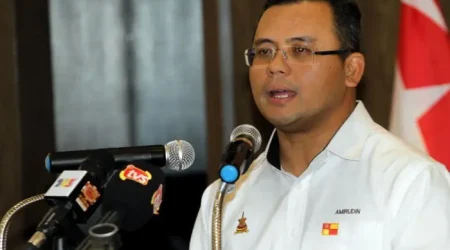
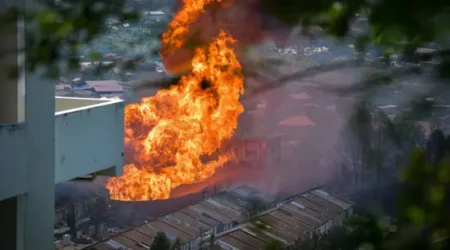
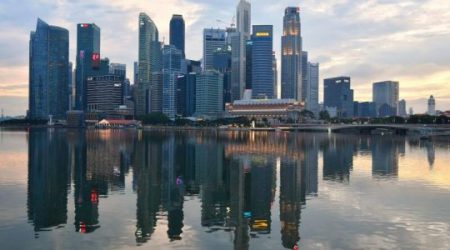
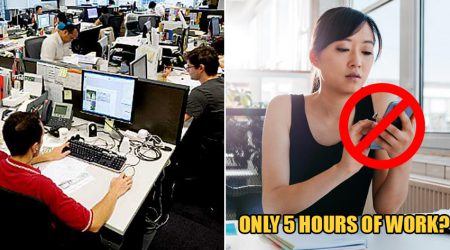

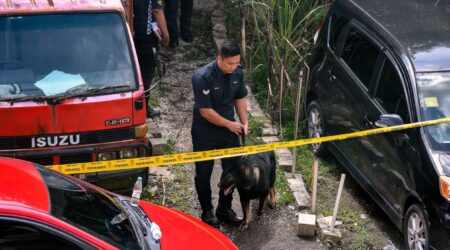
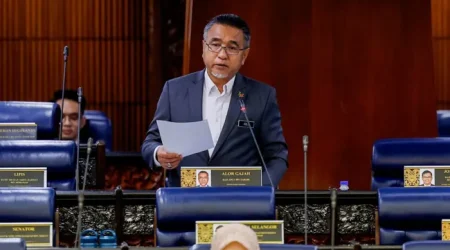
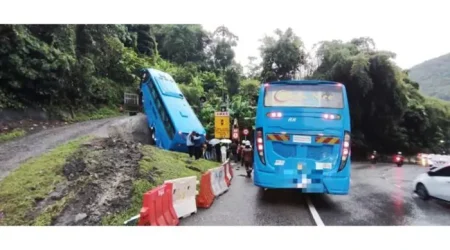

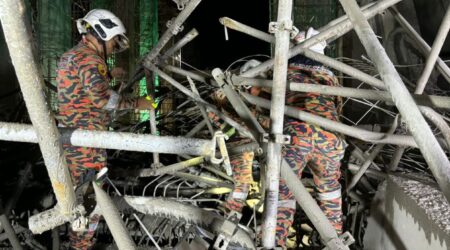
Leave a Reply